
Why do butcher do that?
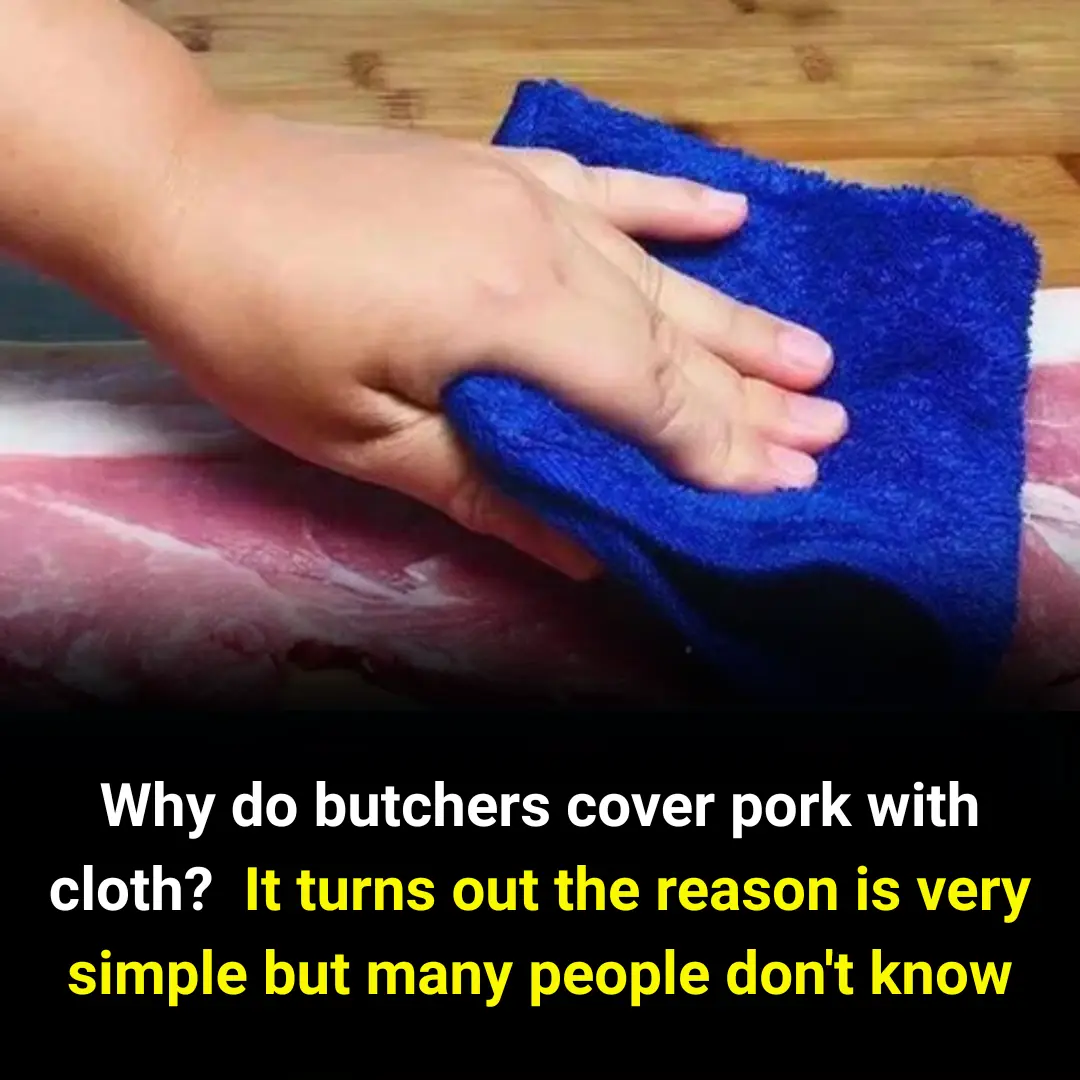
Why Do Butchers Cover Pork with a Cloth? The Real Reasons Most Shoppers Don’t Notice
If you’ve ever bought meat at a market, you might have seen butchers frequently draping a cloth over the pork, wiping their counters, or tucking it into their aprons. While it may seem like just a habit, there are practical reasons behind this common practice:
1. Preserving Freshness
Covering pork with a cloth helps protect it from environmental elements like dust, insects, sunlight, and wind. These factors can accelerate spoilage, especially under open-air conditions. The cloth acts as a shield, minimizing exposure and keeping the meat fresh for a longer period, while also making it look more hygienic and appealing to customers.
2. Shielding from Heat
Markets, particularly outdoor ones, can expose meat to high temperatures. A damp cloth helps regulate the meat's temperature by keeping it cool and reducing direct sun exposure. This simple cooling method helps slow bacterial growth and maintains the quality of the meat.
3. Retaining Moisture
Meat loses moisture quickly when exposed to air, leading to a drier texture and darker color. It may even shrink slightly in size and weight. Covering pork with a cloth helps retain natural moisture, preserving its elasticity and fresh appearance. This also benefits sellers by preventing unnecessary weight loss, which can affect pricing.
4. Maintaining Cleanliness
Meat naturally releases fluids, and in some cases, sellers may inject water to artificially increase weight. These liquids can pool on the counter, creating an unsanitary and unappealing display. By wiping it down with a cloth, butchers maintain a cleaner environment and reduce odors that attract flies.
Things to Watch for When Choosing Meat at the Market
-
Inspect the cloth's condition: A stained, smelly, or fly-covered cloth is a red flag. It indicates poor hygiene and may even transfer bacteria to the meat.
-
Watch how it’s used: If the cloth is constantly soaked and used to wipe down frequently, especially after every cut, it could suggest the meat was recently thawed or water-injected.
-
Observe overall hygiene: Pay attention not just to the meat but also to the seller’s practices. Clean surroundings and neat cloth handling often reflect better hygiene and care.
By being attentive to these subtle signs, you’ll be better equipped to buy clean, high-quality pork and avoid common pitfalls at the meat counter.
News in the same category

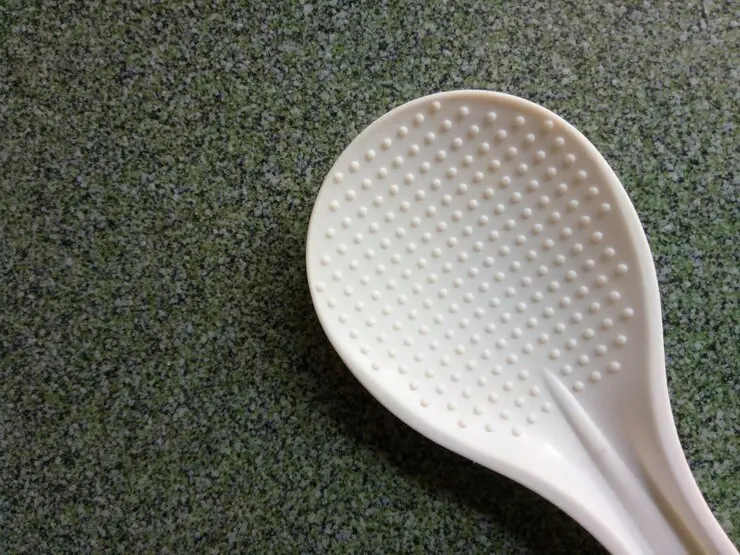
Why does the rice cooker's rice scoop have round dots?
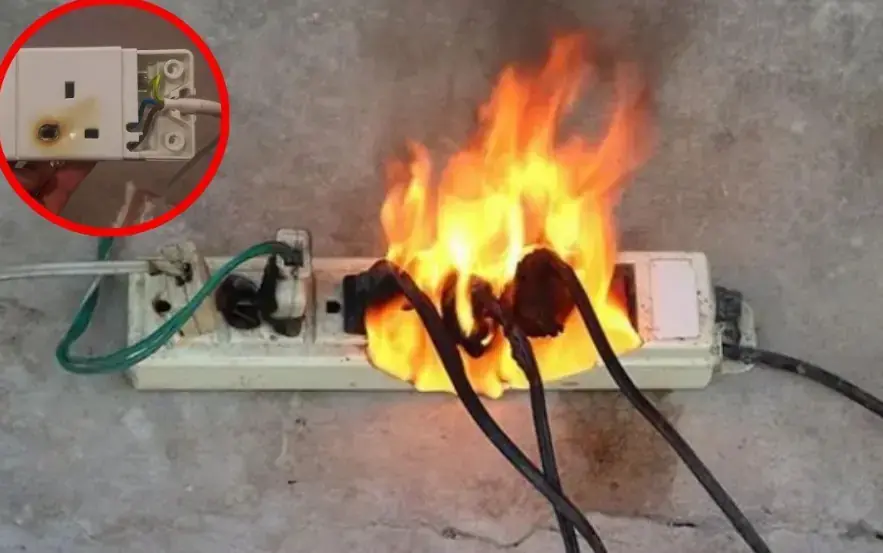
90% of people using power strips make these mistakes

How to respond when someone borrows money from you
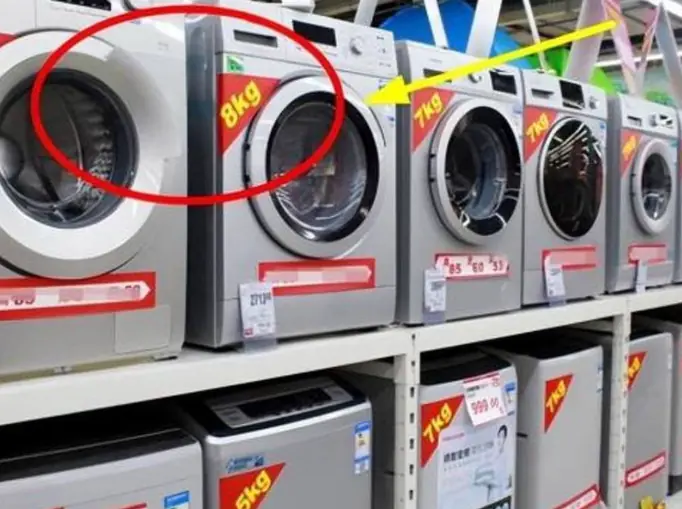
Does the weight on a washing machine refer to dry clothes or wet clothes?

What happens if you eat half a tomato every day?

Why Flight Attendants Always Carry a Banana on Board: The Surprising Truth
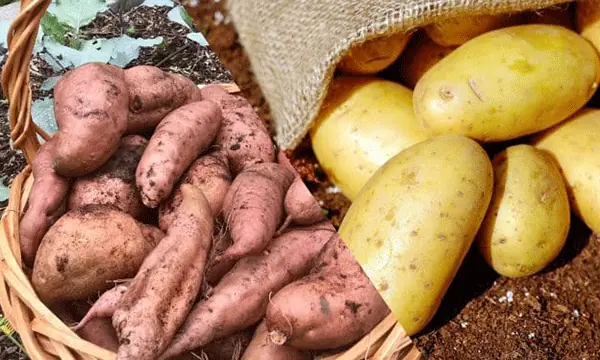
Which one is healthier?

How to use air conditioner properly

Why do hotel bathrooms have transparent glass doors?

NASA Scientists Explain Why Astronauts Strap Down Their Arms to Avoid the “Zombie Pose”
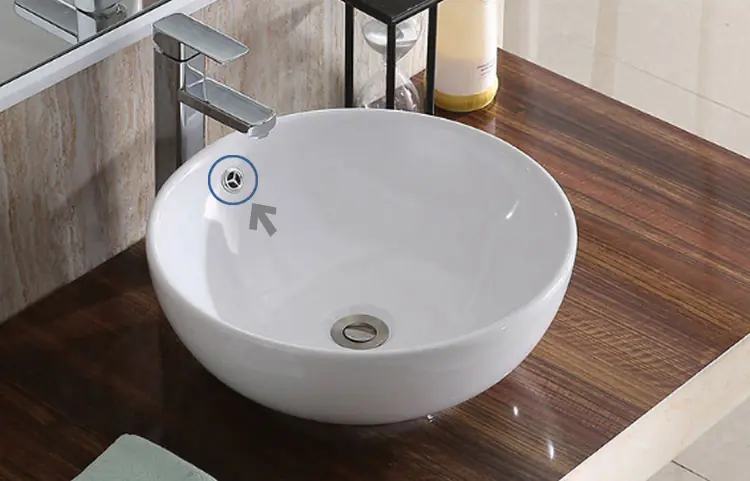
What is the function of this small hole?

You need to remember to unplug when not in use
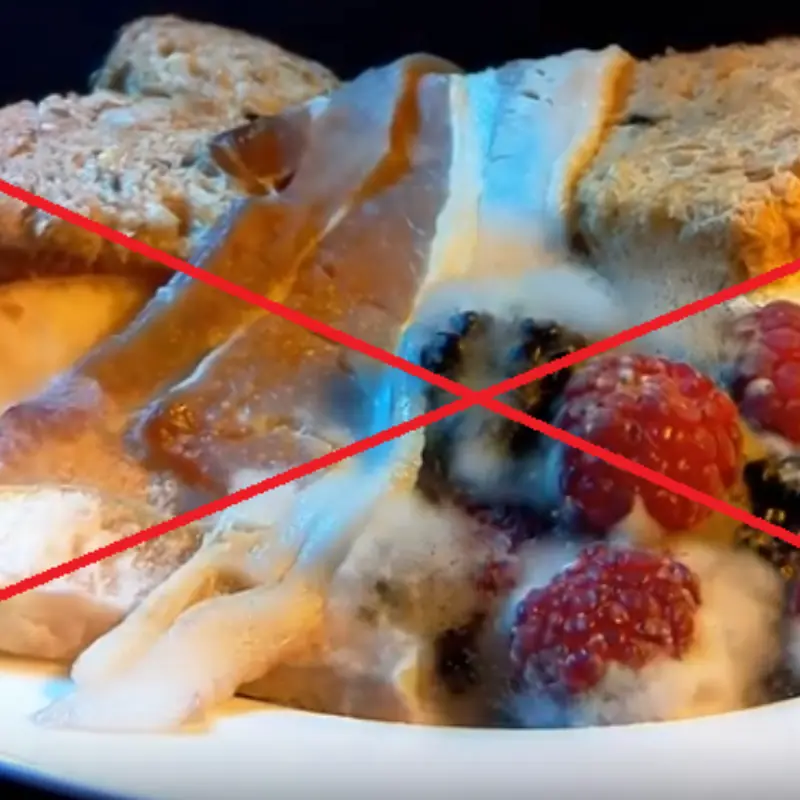
Don’t Throw Away Spoiled Fruits — Keeping Them Can Still Offer Many Benefits
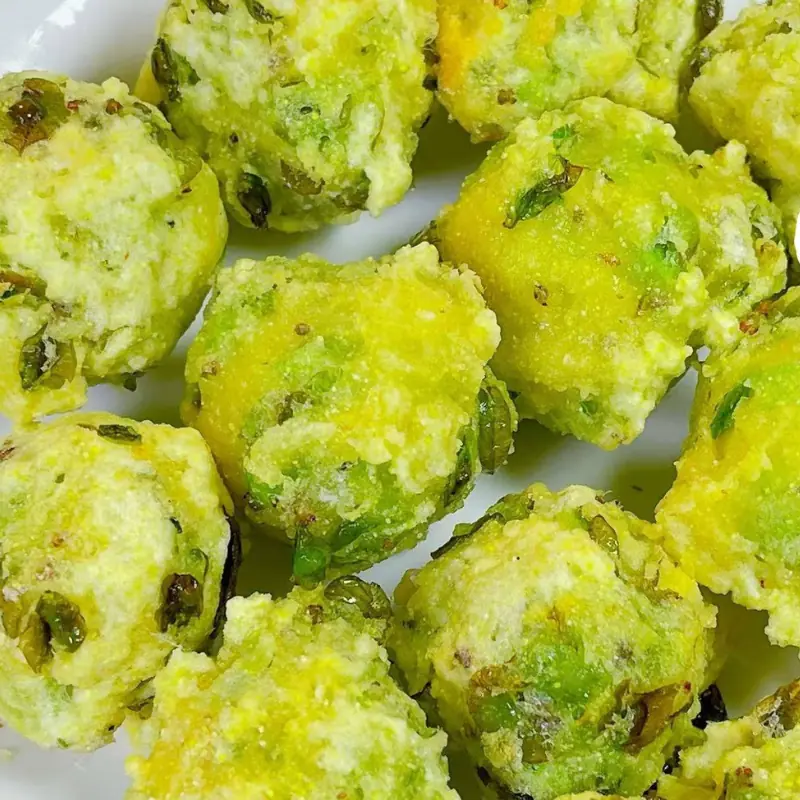
A Wild Vegetable Sweeter Than Mustard Greens, Free of Oxalic Acid, and Excellent for Cooling the Liver and Relieving Heat
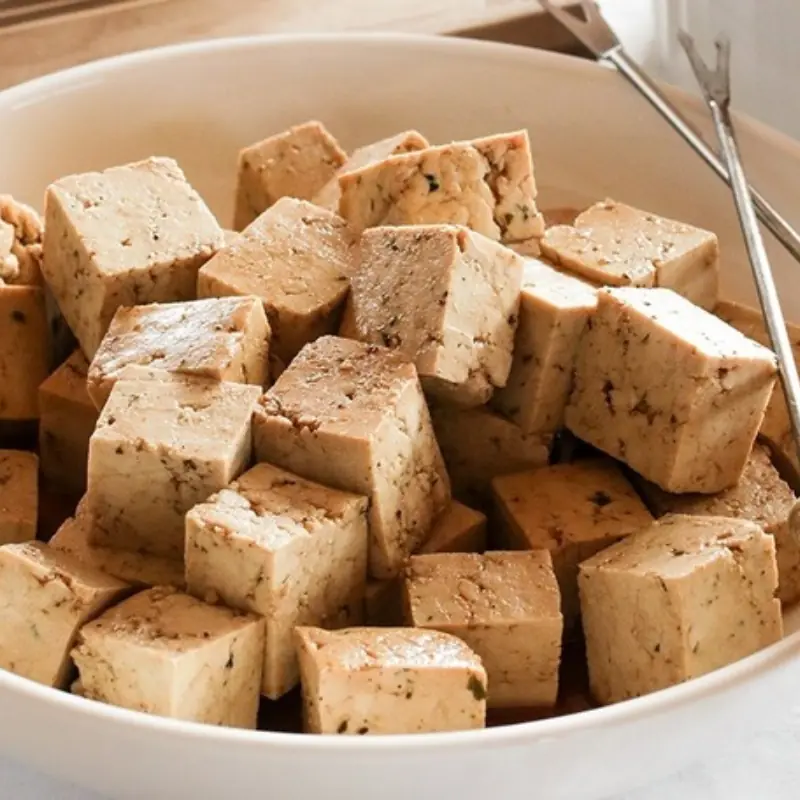
The "National Dish" That's Incredibly Gentle But a "Nightmare" for People with Kidney Stones
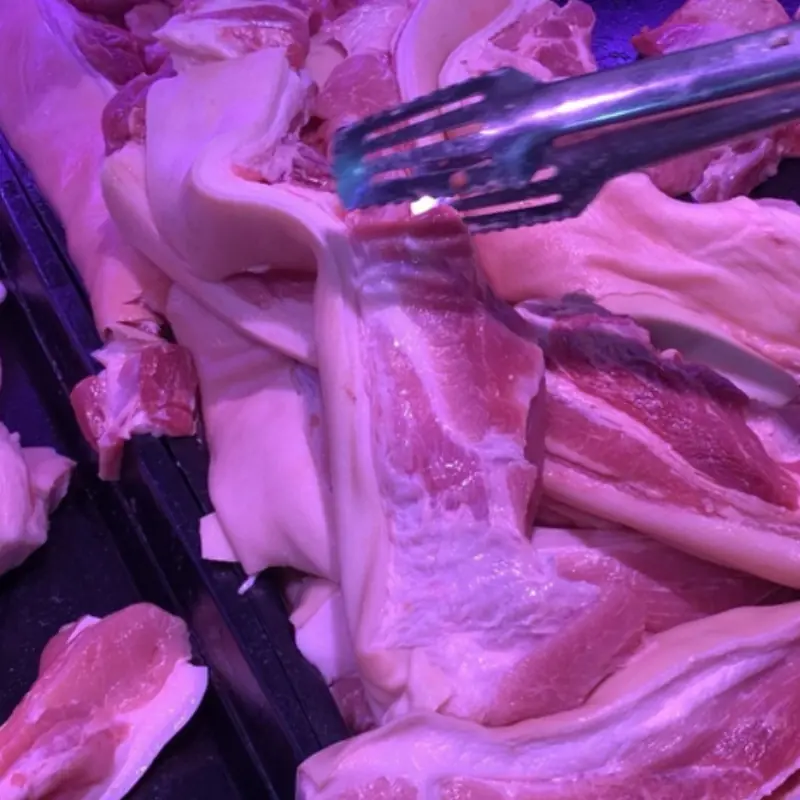
If You See These 5 Types of Pork at the Market—No Matter How Fresh or Cheap They Look—Don’t Buy Them

Electricity Prices Are Rising Again – Don’t Do This When Using the Air Conditioner or Your Bill Could Triple!
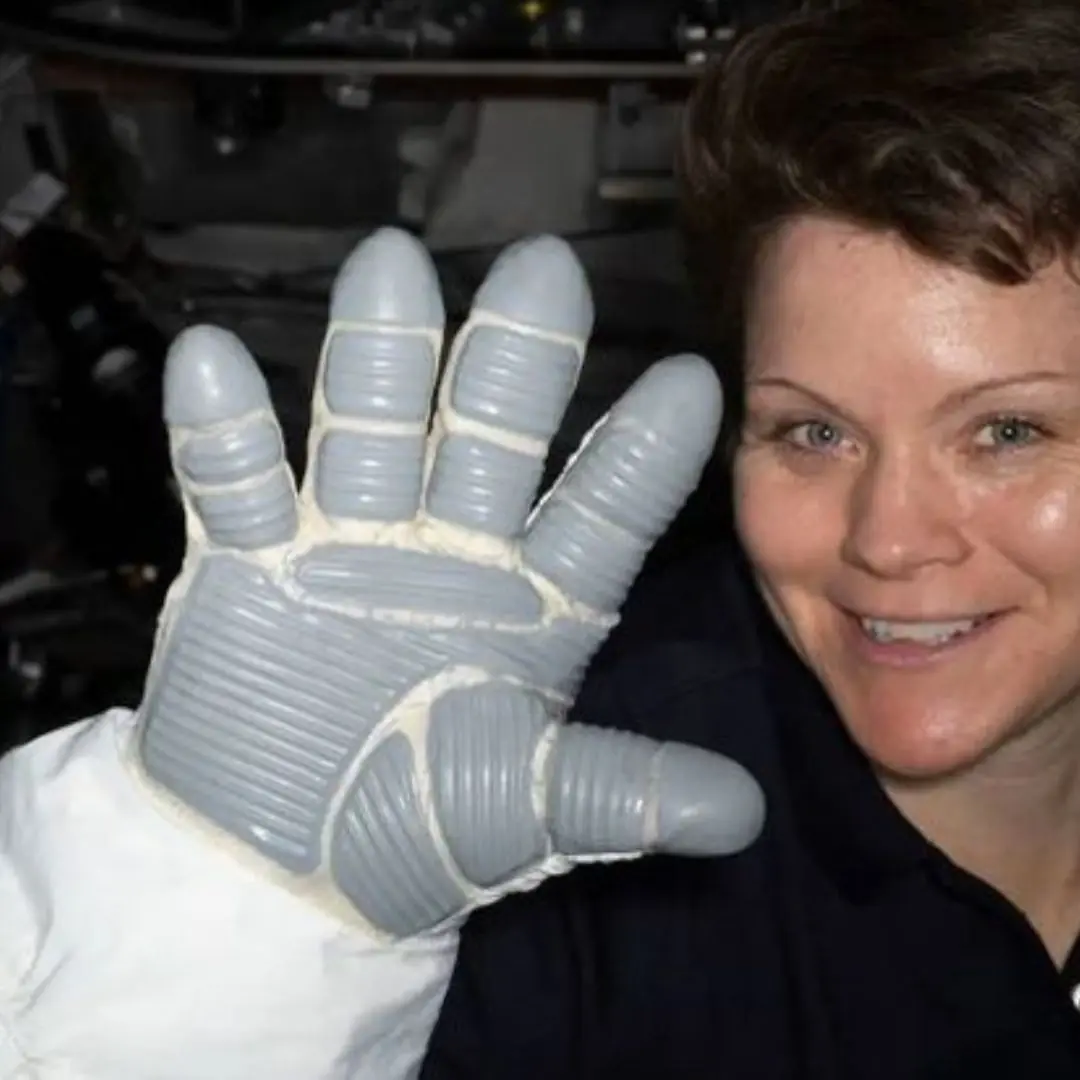
Sh:o:cking truth that few people know: Why do many astronauts l.ose all their fin.gern.ails when going into space?
News Post
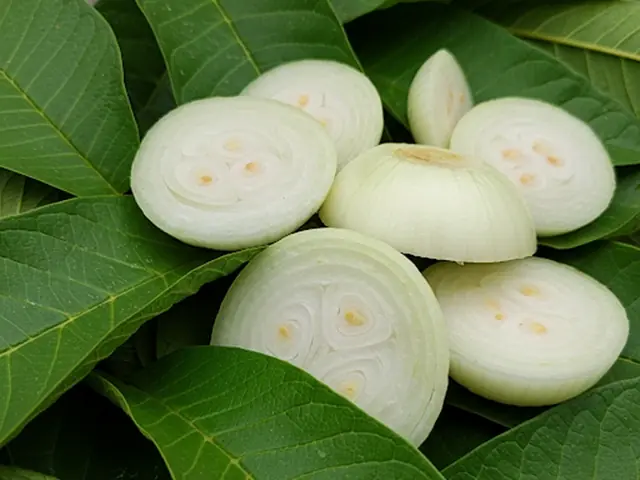
Discovering a type of wild vegetable that is the 'nemesis of can:cer'
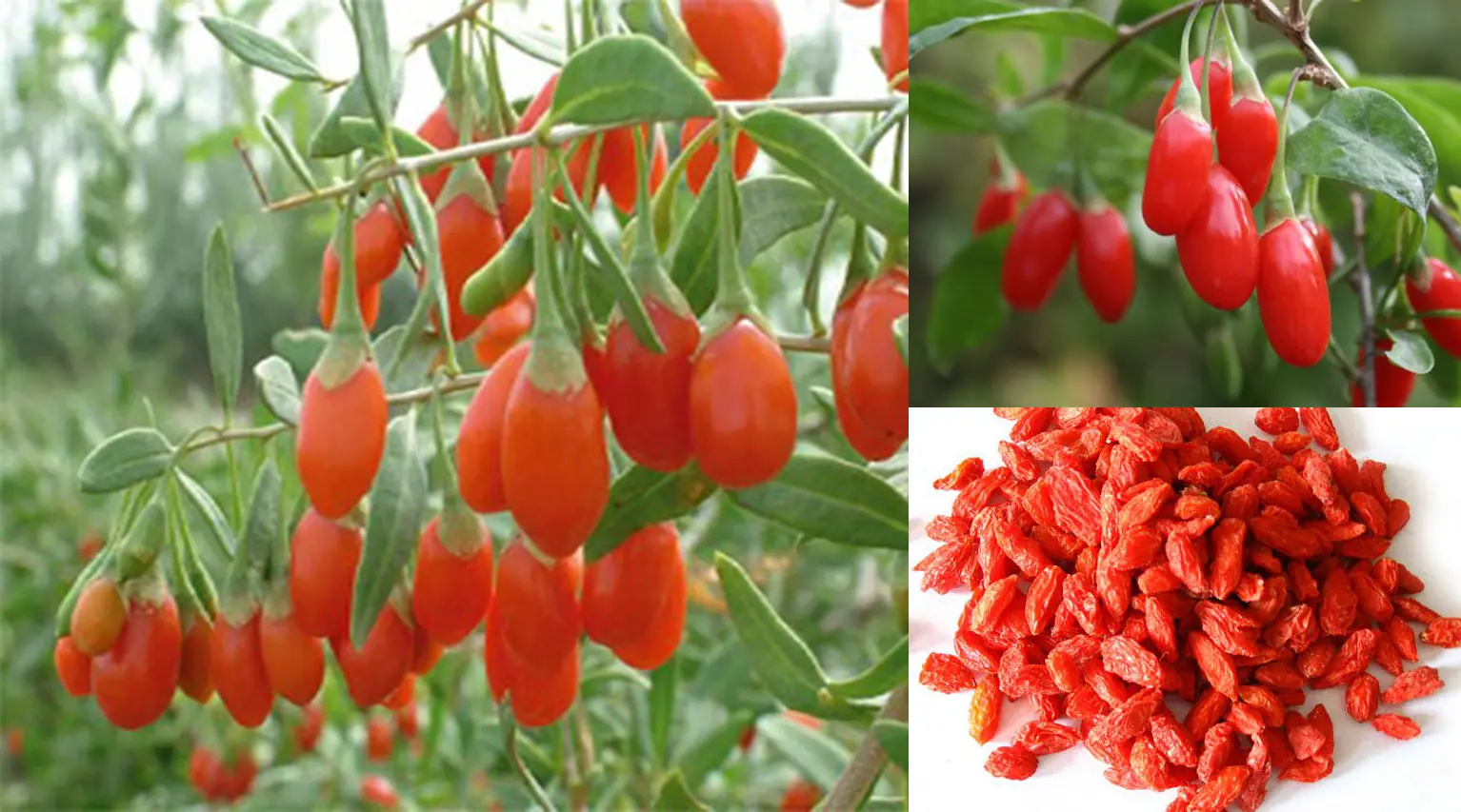
Familiar fruit has the ability to fight can:cer

Why does the Covid-19 JN.1 variant persist?

Waking up tired despite getting enough sleep is not only uncomfortable, but it can also be a sign of an underlying medical condition. This fatigue is often overlooked, blamed on insufficient sleep or stress.
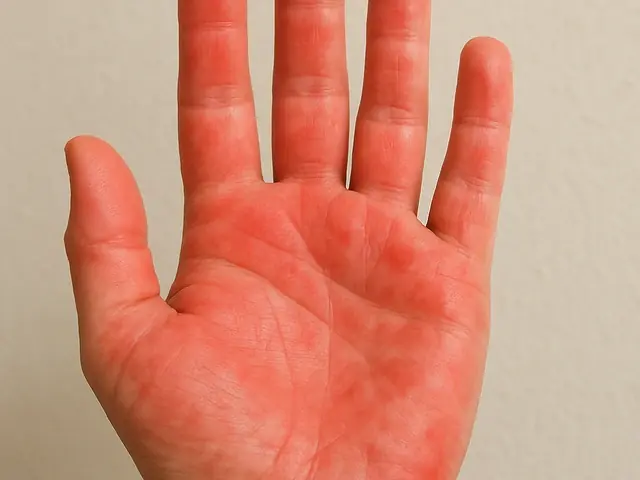
3 signs of fatty liver appear on hands and arms

IU & V reportedly spotted dining together at a luxury restaurant
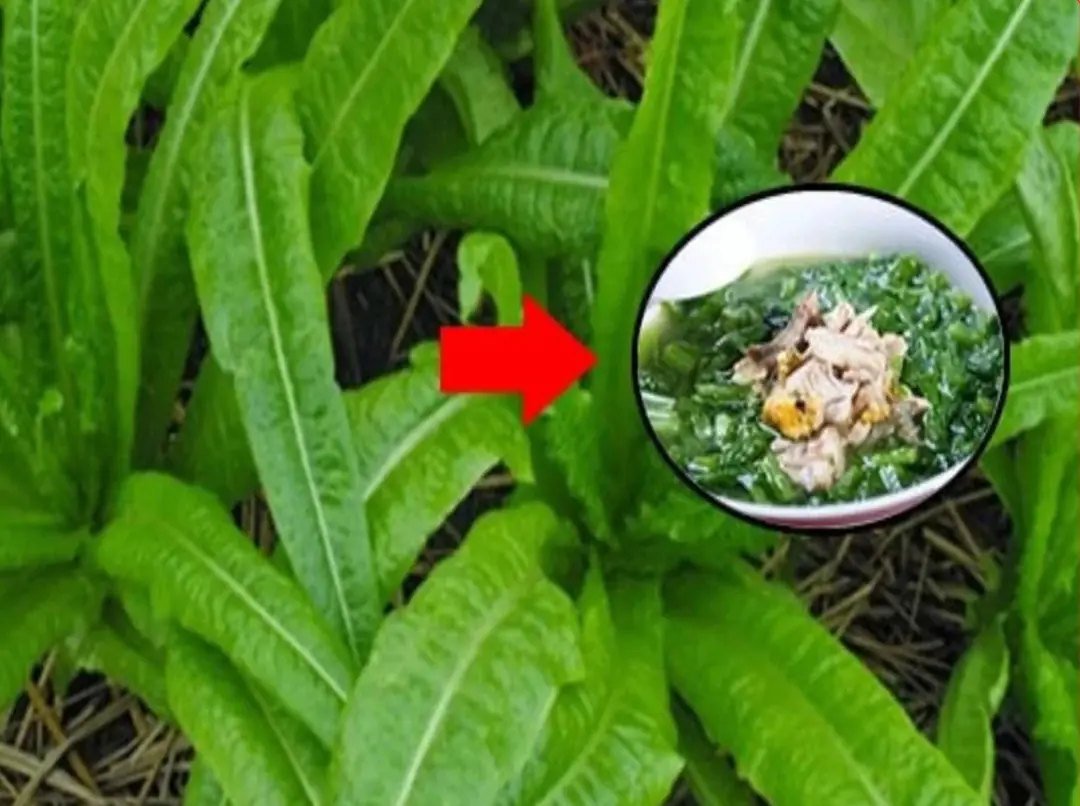
This type of vegetable has more calcium than bone broth, eating it every day saves you money on supplements
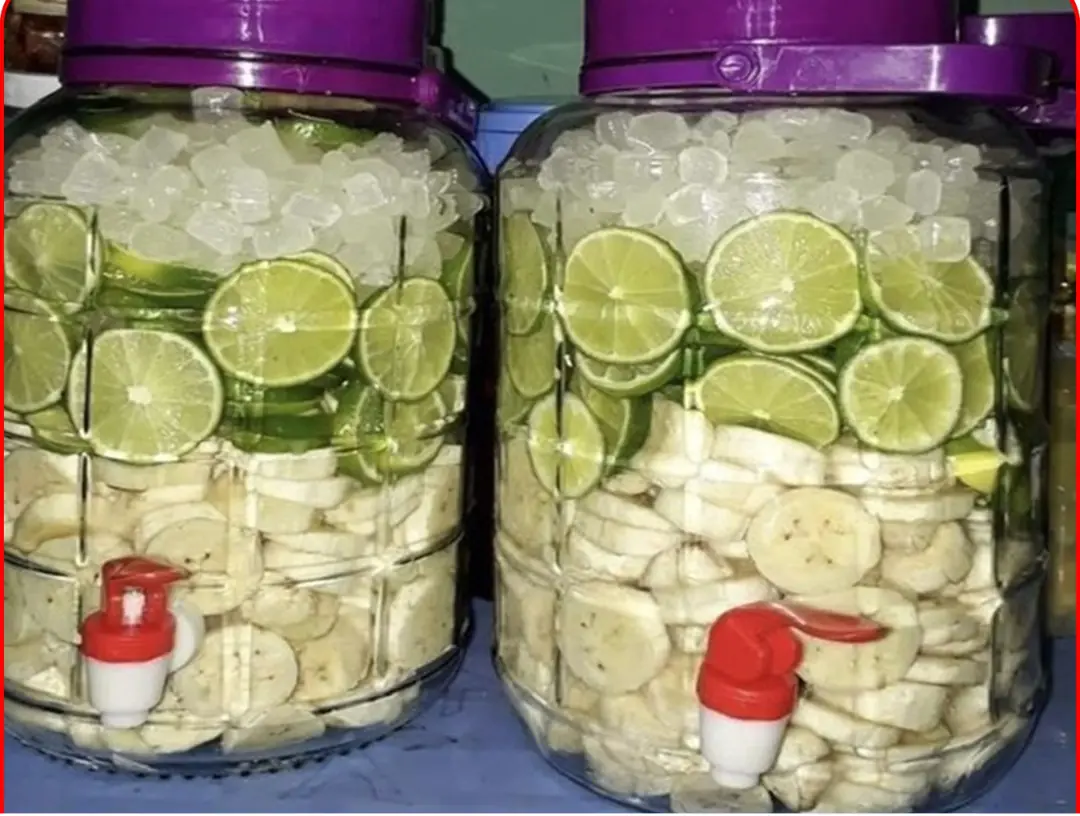
Homemade "miracle cure" made from lemon is spreading to help prevent strokes
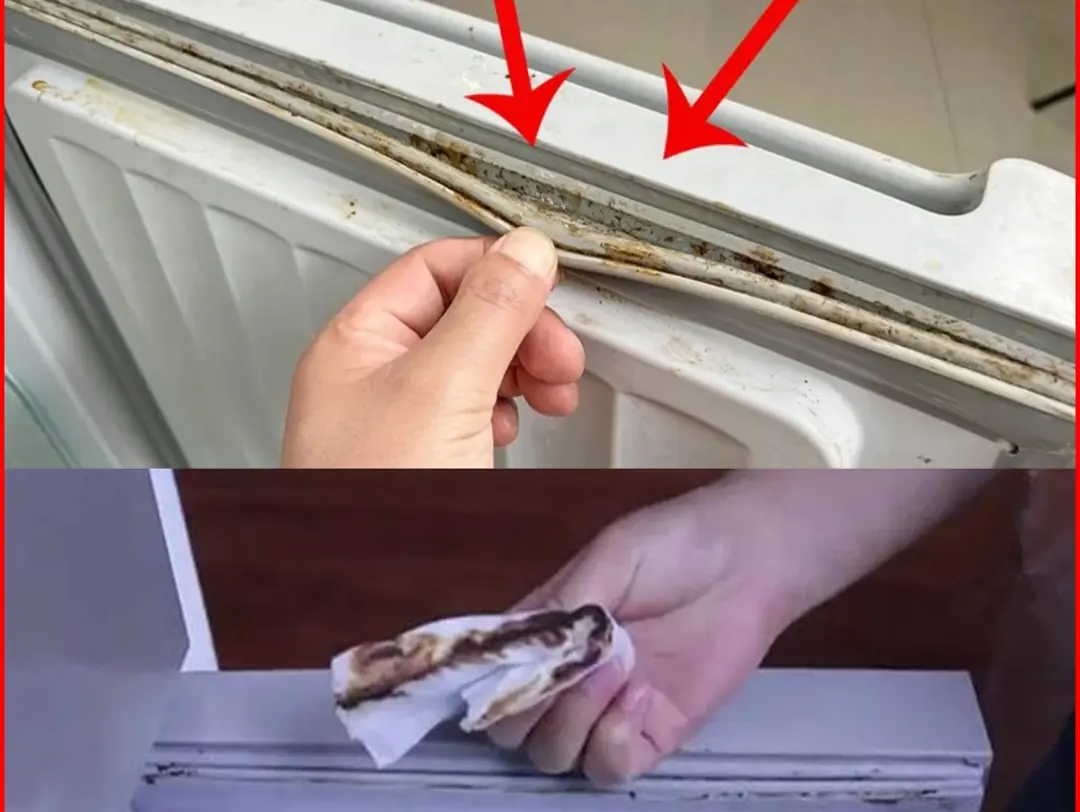
The refrigerator gasket is moldy, use this to clean it, it will be clean in just 5 minutes

5-Second Skin Aging Test: Instantly Find Out Your Skin's Real Age

Attached Greenhouse

8 inspiring backyard greenhouse ideas for every gardener

Why should garlic be kept at the head of the bed?

A Horseman in the Sky

The Purloined Letter

Why does the rice cooker's rice scoop have round dots?

Health benefits of yogurt

The Skylight Room
